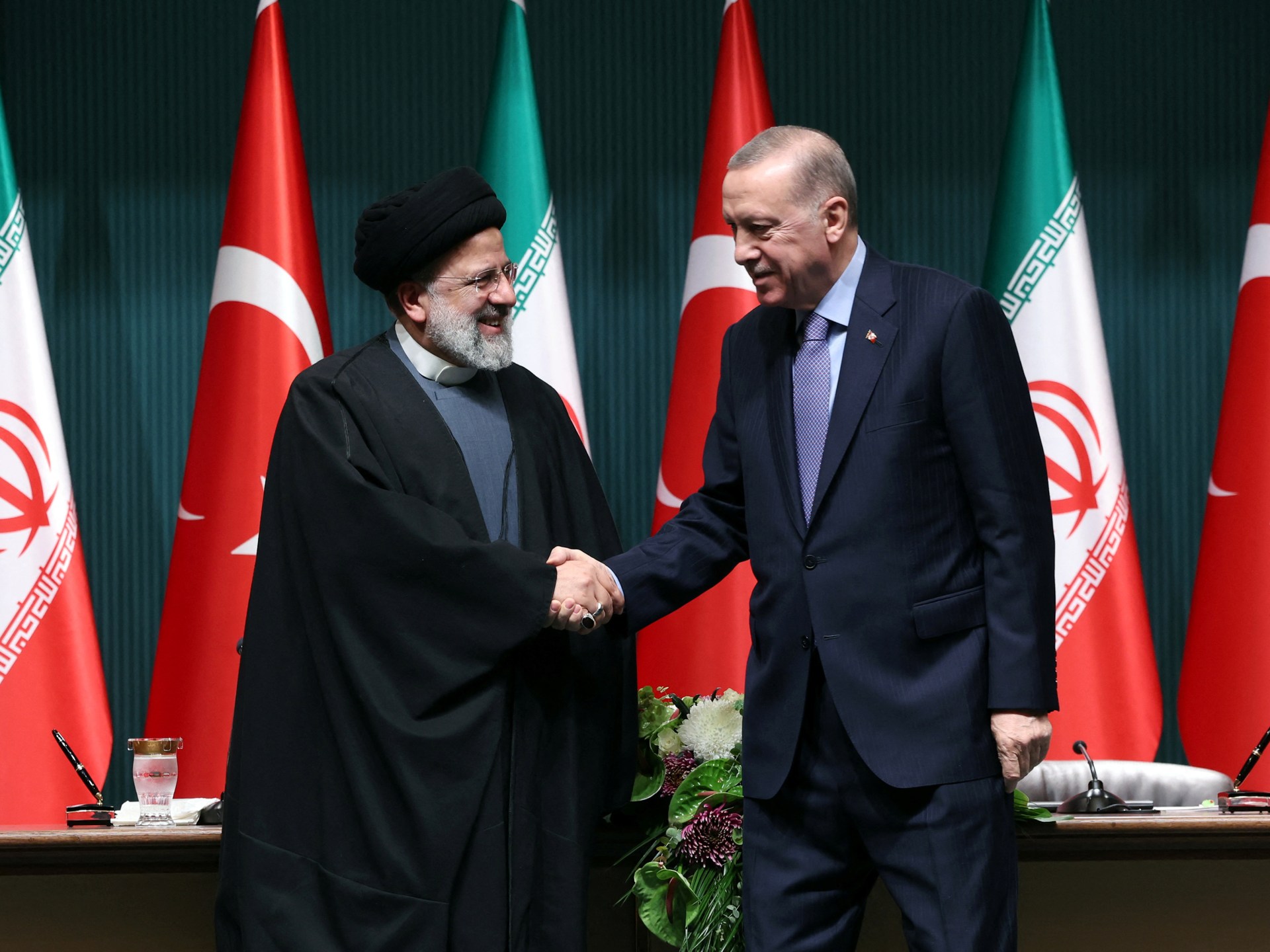
Marc Andreessen once said ruefully that being too early was the same as being wrong. Admittedly, Andreesen, the software engineer, angel investor and all-purpose Silicon Valley maven, applied the maxim in the context of his own somewhat bitter experiences in the world of cloud computing, but as an analysis of Being: Liverpool it works surprisingly well .”
If the title is unknown, that wouldn’t really be a surprise. The show, which shows Liverpool’s preparations for the 2012-2013 Premier League season, only ran for one series and comprised just six episodes. Its subsequent cultural half-life was also limited; These few elements that have been preserved perfectly illustrate why it has not been renewed.
There was, for example, the fleeting shot of the hallway in the home of Brendan Rodgers, the club’s newly appointed manager, dominated by a moody, monochrome portrait of… himself. Or the footage of Rodgers waving three envelopes – with, as he said, the names of three players who would let him down over the course of the season. His audience looked dumbfounded at best and embarrassed at worst.
Of course, it later emerged that both incidents were a bit more nuanced than initially thought. The envelope trick had been adapted from a method once used – albeit with much greater success – by Alex Ferguson. The portrait was a gift from a disability charity that Rodgers had worked closely with during his time at his previous club Swansea.
Still, the damage was done. The documentary’s critical reception was mixed, but the reaction from fans – both Liverpool and non-Liverpool – was not. It was seen as an exercise in utter hubris, causing either embarrassment or hilarity, six hours of incessant chills. Rodgers probably never got rid of the impression that he had at least as much in common with David Brent as he did with Pep Guardiola.
So it was surprising to learn that Liverpool’s owners – Fenway Sports Group – are at least toying with the idea of going back to the well. Nothing has been signed yet, according to Bloombergbut the club is currently negotiating with several production houses about commissioning something that, as you can imagine, will not be called Being: Liverpool 2.
The fact that Liverpool are even prepared to support the idea is a testament to how much the world has changed. It is difficult to pinpoint when football became inundated with documentaries. It could be 2015, with the launch of Class of ’92: Out of Their League, or a follow-up to Formula 1’s launch of Drive To Survive in 2019. Maybe it was a year later and the pandemic success from “The Last Dance”. But maybe it doesn’t matter. The effect is largely the same.
There are now hundreds of football documentaries. Some are historical – portraits of players and eulogies of coaches – but the trend is moving to the present: limited series that promise to take viewers into the inner sanctum and show fans what their heroes’ world is really like.
Like the All or Nothing series, they can be commissioned (or at least agreed upon) by teams. Or, increasingly, they may be dreamed up by those in charge of the game itself, as with the FIFA-sanctioned/produced Captains of the World or the upcoming Drive To Survive-like project apparently being developed by Major League Soccer gets the green light, but is slowly turning into a division of Apple.
(“Welcome To Wrexham” is something of an outlier in this context. In fact, it’s not entirely clear whether it should even be intended as a documentary, regardless of the style in which it’s shot. After all, documentarians aren’t supposed to be in it meddle with their theme. “Welcome To Wrexham” exists only because of the meddling; its ongoing plot is defined by it. Even its stars refer to it, with a frequency that suggests it is deliberate, as a kind of reality show.)
The same trend can be observed in all sports. Almost every major sport – cricket, rugby, cycling, tennis, athletics – received the same treatment over almost exactly the same period. The sport as a whole has very quickly adopted the principle that its business extends to more than just the action on the field. Fans also seem to have a surprising and monetizable appetite for learning how the sausage is made.
Of course, this can partly be attributed to a broader cultural shift. In sports, the sheer weight of documentaries makes the idea less remarkable and less noteworthy. There is a certain level of safety in numbers.
Even outside of that, the feeling that anything can be content—that all of our lives can be curated and commercialized for the consumption of others—has become something of a guiding ideology. Not only is there an acceptance that individuals or institutions want to tell their story, but it is also an expectation that they will.
From this vantage point, Being: Liverpool no longer looks wrong. But unlike Andreessen’s cloud computing project, being too early wasn’t the only flaw.
What unites all subsequent documentaries is how little they actually reveal about the reality of football. There are, of course, notable moments: José Mourinho’s unsuccessful attempts to revive Dele Alli in Tottenham’s all-or-nothing season; Fabian Delph has taken it upon himself to explain the “basics of football” in the Manchester City edition – to Guardiola’s obvious confusion.
But more often than not they are so tightly controlled, so carefully edited, so highly polished and masterfully produced that any hope of insight is lost in the sheen. They’re documentaries put through the most flattering Instagram filter. They capture the story that the association or the person concerned wants to be told.
They are authentic in the sense that goods can be authentic, with an official stamp and a hologram watermark. They’re not as authentic as a previous generation of football documentaries seemed to be in a time of less creative control. They show it, but they don’t tell it.
And that was perhaps the real problem with Being: Liverpool. It had not been polished to the highest possible shine. There were unguarded moments in it that showed what football looks like when it’s not at its best in front of the camera.
Yes, there are many stirring speeches and examples of intimate camaraderie that touch the soul. But sometimes your manager tries a team building exercise in the hotel dining room, but no one really gets it. These were the parts that made Being: Liverpool embarrassing, but they also made it real in a way that few of its successors can match. It’s safe to say that this mistake won’t be repeated should a sequel air.
The African Cup of Nations is increasingly becoming a kind of graveyard of giants. Aside from Senegal and Nigeria, few of the continent’s most powerful states have much luck in Ivory Coast.
The host country, of course, suffered the most, being humiliated by Equatorial Guinea in the final group game and then narrowly qualifying for the knockout rounds fired his manager. But Ivory Coast is far from alone. Algeria, Ghana and Tunisia were all eliminated without winning a single game.
Cameroon needed a goal in the 91st minute to avoid the same fate. Egypt – after losing Mohamed Salah to injuries – did things even better, scoring in the 99th minute against an impressive Cape Verde team to secure a place in the round of 16. (It feels a bit like every game in the tournament doesn’t really start until stoppage time is over.)
It’s too early to give a definitive explanation for this, but here are three theories, in descending order of likelihood but, crucially, in increasing order of interest.
It could be one of those things, an essentially random confluence of factors that can easily be mistaken for a pattern.
It could be a sign that Africa’s peak is leveling off but its base is broadening, as has been the case across much of the game in recent years.
Or it could be the case that stars can have a dual function. Of course, people like Salah, Ghana’s Mohammed Kudus and Ivory Coast’s Seko Fofana radiate light, but they also exert gravity. Their presence can create a dependency and reduce their teammates to little more than a supporting role. (Watch Egypt’s reaction to Salah’s absence.)
It has both an inhibiting effect on your own side and an encouraging effect on your opponents. Equatorial Guinea and Cape Verde, for example, do not have this problem either and seem to be doing better there.
Someone else is up to date
At this point, Manchester United fans are ready to use any glimmer of hope as a sign of renewal. If things were as United believe they should be, and England’s biggest club were conquering the Premier League like a juggernaut, the hiring of an executive would be little more than a footnote. Since this is not the case, a lot is being read into it the appointment of Omar Berrada.
Berrada, a Catalan, is of course the first appointment from Ineos, the conglomerate owned by Jim Ratcliffe, freshly installed as both a minority investor and majority controller of the “football” part of the former Manchester United Football Club. Berrada’s arrival as chief executive was (understandably) seen as a sign of the vision that Ineos – an organization that has long seen itself as a pioneer in sport – has for Old Trafford.
But while Berrada is undoubtedly a shrewd signing – smart, respected and with a great sense of who to follow on Twitter – and although bringing him in from Manchester City is a popular move, praising it as an innovative decision is a bit of a stretch . United have gone to the best-run club (Asterisk pending) in football and took the highest ranking manager he could find. This is a smart move. It’s not a novel.






Recent Comments